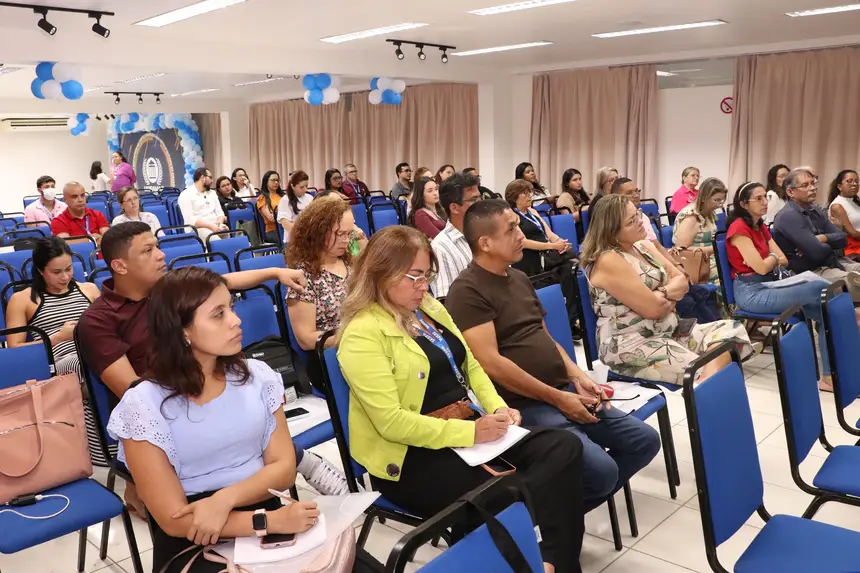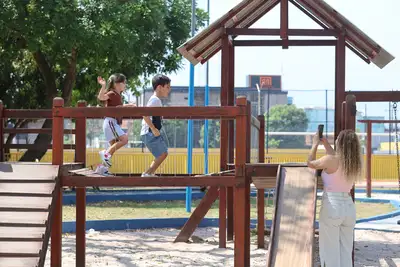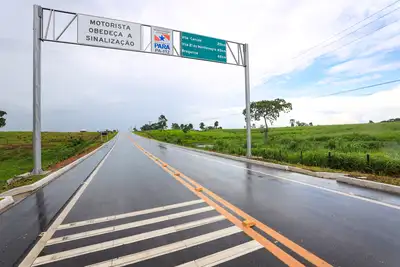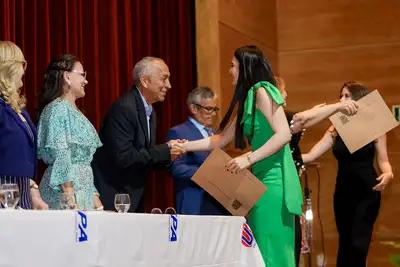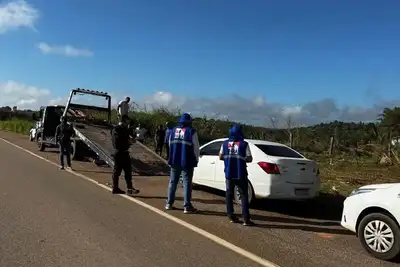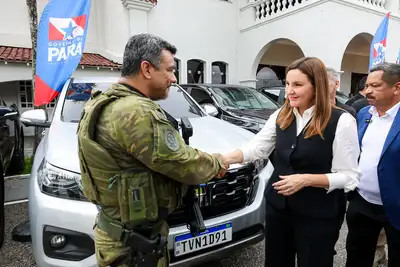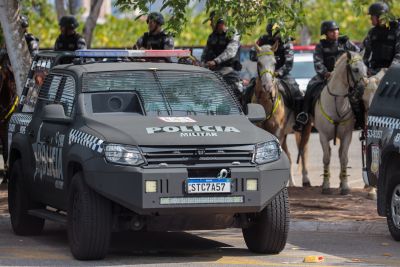Sespa promotes workshop for the implementation of surveillance of opportunistic mycoses in Pará
The event presented the "Micosis" platform, a tool to strengthen epidemiological surveillance and map the incidence of diseases, among other actions
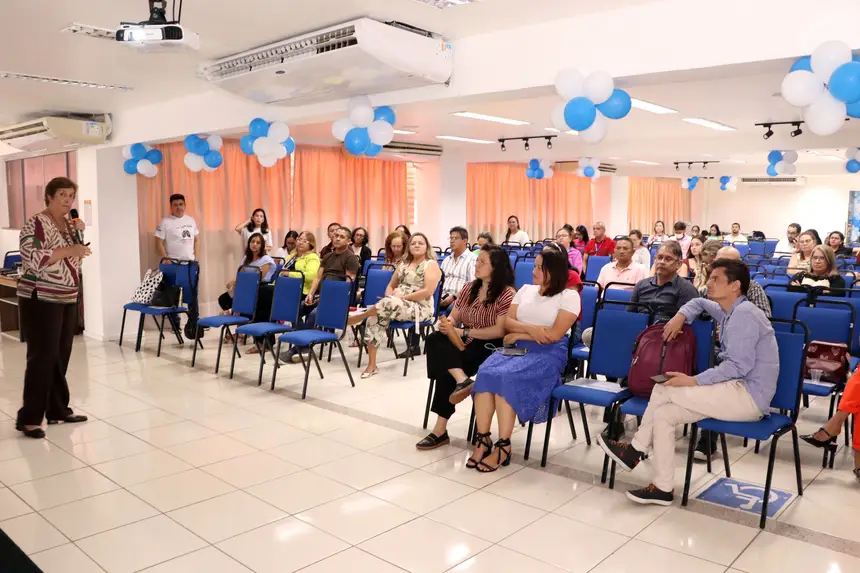
The State Department of Public Health (Sespa), in partnership with the Ministry of Health, is holding in Belém, from Monday (26) to this Tuesday (27), the Workshop for the Implementation of Surveillance of Endemic and Opportunistic Mycoses. The event takes place at the auditorium of the Metropolitan University Center of the Amazon (Unifamaz) and brings together technicians from the Regional Health Centers, hospital professionals, and representatives from municipalities in the Metropolitan Region of Belém.
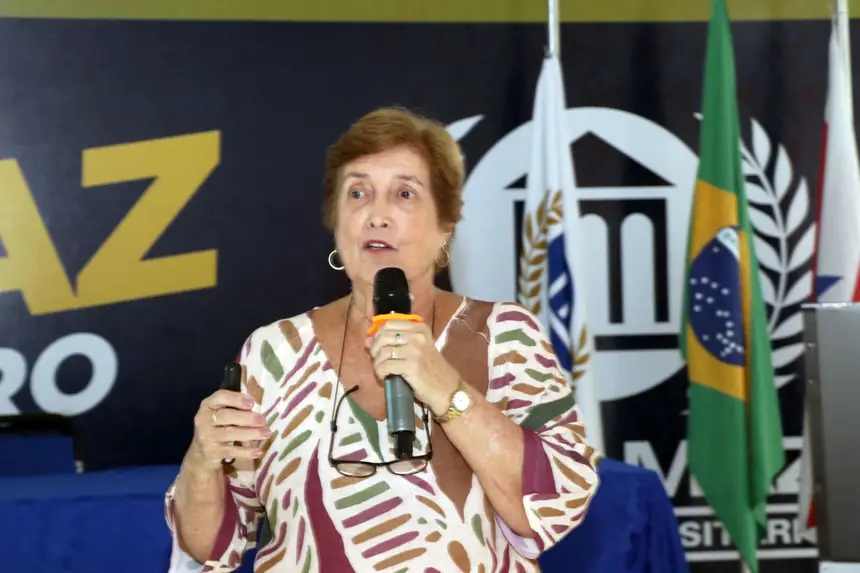
Maria Adelaide Millington, an infectious disease physician from the technical area of endemic and opportunistic mycoses of the General Coordination of Tuberculosis, Endemic Mycoses, and Non-Tuberculous Mycobacterioses (CGTM), from the Health and Environment Surveillance Secretariat of the Ministry of Health (SVSA), emphasized the importance of the initiative.
“We are implementing the mycosis surveillance system, as well as a platform for dispensing antifungals throughout Brazil. With this, we will be able to obtain essential data to guide actions related to assistance, treatment, and prevention of these diseases. This partnership with Pará will be fundamental for the identification and notification of cases,” she stated.
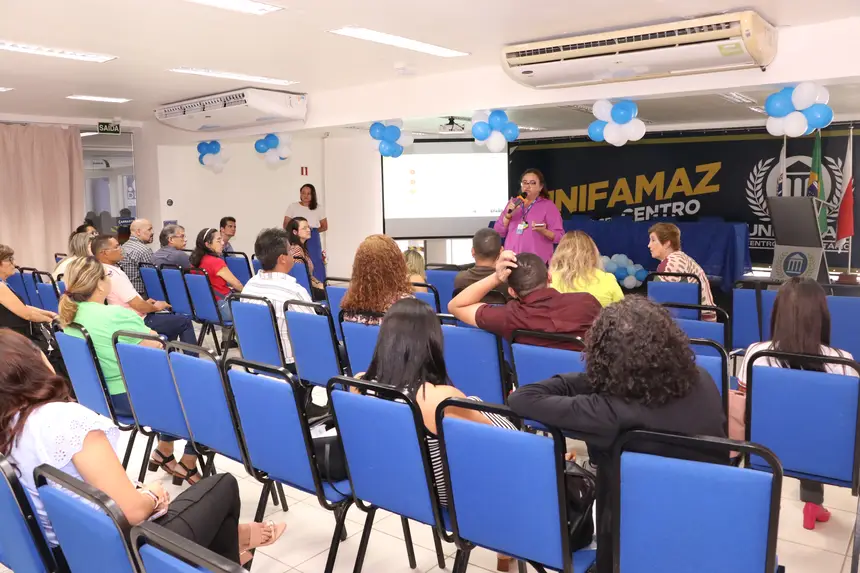
Among the main objectives of the workshop is the presentation of the "Micosis" platform, a computerized system developed by the Ministry of Health that allows for the notification of cases, the request, and the dispensing of antifungals used in the treatment of endemic and opportunistic mycoses within the Unified Health System (SUS).
The implementation of the tool aims to strengthen epidemiological surveillance, map the incidence of these diseases, standardize the flow of medications, and contribute to the construction of prevention and control strategies, in addition to optimizing the care and treatment of patients.
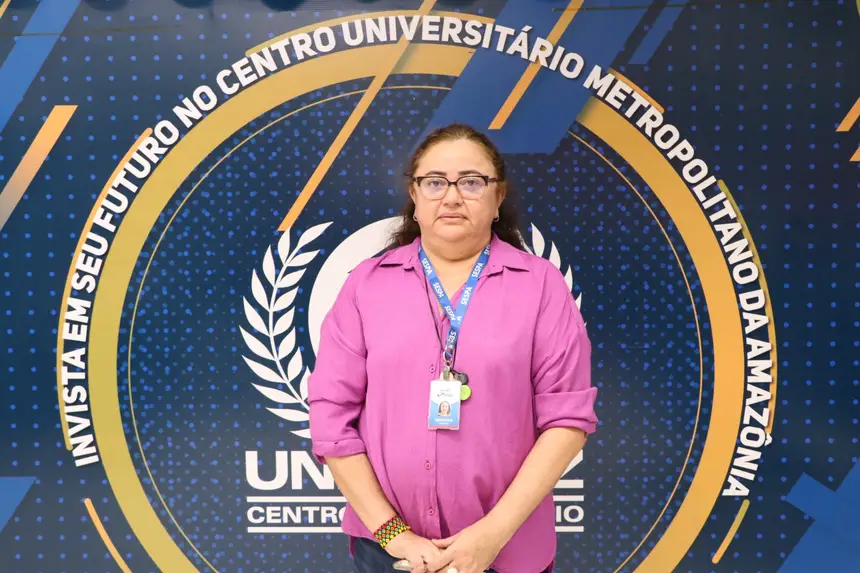
Adriana Leal, a nurse from the State Tuberculosis Coordination of Sespa and focal point for the surveillance of endemic mycoses in Pará, explained that, although notifications and distributions of medications already occur in Pará, there was still no formalized protocol. “This support from the Ministry of Health is precisely to formalize the mycosis protocol and make it official in the State. Pará is the sixth State where the Ministry is carrying out this implementation,” she highlighted.
She further added: “With the implementation of the protocol, the goal is to ensure faster access for people who become ill from these diseases caused by fungi, formalizing this process in the state and disseminating to all our areas that there is an official norm. Thus, the request can be made following a specific protocol, facilitating access to treatment with more agility and efficiency.”
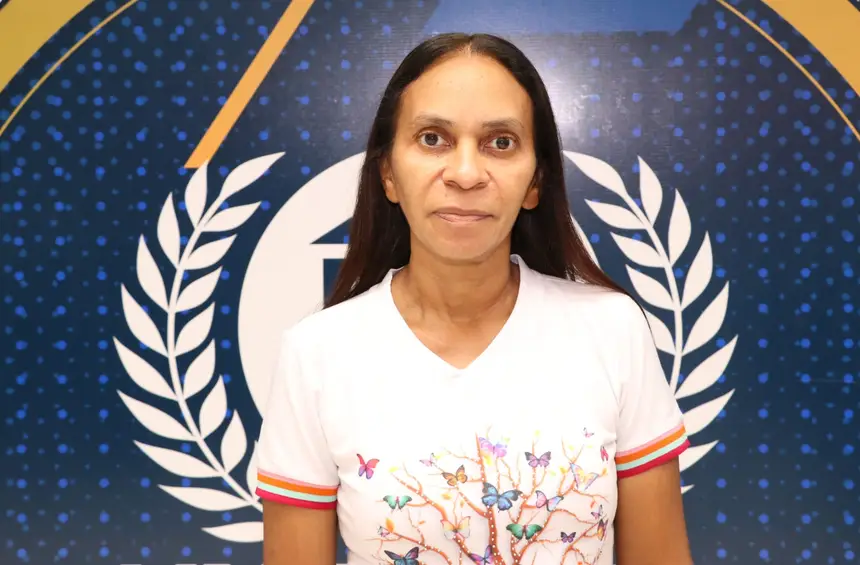
Ana Raquel Santos Miranda, responsible for health surveillance at the 11th Regional Health Center (CRS) in Marabá, who participated in the workshop, emphasized the importance of the event for the qualification of health assistance. “We do not work empirically, but rather with well-established protocols and flows, always aiming for technical rigor and, in this way, providing better assistance to our population,” she assessed.
The workshop's program began with a general presentation on the topic, focused on the articulation with technical areas for the implementation of the system. In the afternoon, the main aspects of endemic and opportunistic mycoses were addressed, including epidemiological, clinical, assistance, and diagnostic characteristics, as well as the necessary steps for the implementation of the system.

This Tuesday (27), a practical activity will be held, demonstrating the operation of the platform, including the request for medications, the notification process, and a practical class on computers.
Text by Suelen Santos / Ascom Sespa


